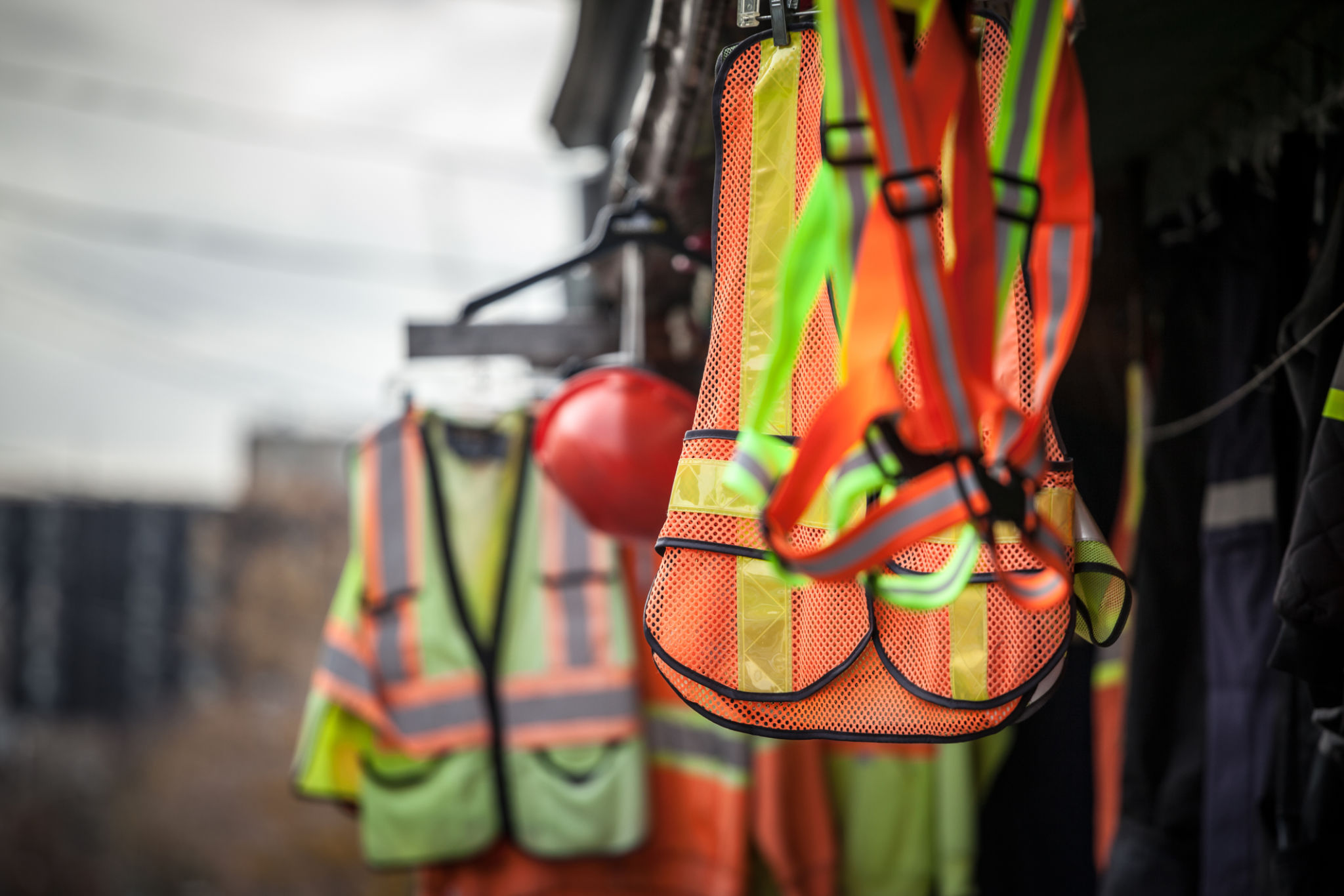Comprehensive Guide to Industrial Equipment Cleaning: Best Practices and Tips
Maintaining cleanliness in industrial environments is not just about aesthetics; it's a critical component of ensuring operational efficiency, safety, and compliance with industry standards. Industrial equipment cleaning involves various techniques and best practices that cater to different machinery and environments. In this comprehensive guide, we will explore the essential practices and tips for effectively cleaning industrial equipment.
Understanding the Importance of Industrial Equipment Cleaning
The importance of keeping industrial equipment clean cannot be overstated. Clean equipment runs more efficiently, lasts longer, and poses fewer safety risks. Accumulated dirt and debris can cause machinery to overheat or malfunction, leading to costly downtimes. Additionally, regular cleaning helps in identifying potential issues before they escalate into significant problems.

Health and Safety Considerations
Industrial cleaning is vital for maintaining a safe working environment. Dust, grease, and other residues can create hazardous conditions, such as slippery floors or poor air quality. Implementing a rigorous cleaning schedule helps mitigate these risks, ensuring the safety and well-being of employees. Moreover, clean equipment contributes to meeting health and safety regulations, avoiding potential fines and legal issues.
Best Practices for Cleaning Industrial Equipment
Effective industrial cleaning requires a strategic approach tailored to the specific needs of the equipment and facility. Here are some best practices to consider:
- Regular Inspection: Establish a routine inspection schedule to identify areas needing immediate cleaning or maintenance.
- Choosing the Right Cleaning Products: Use industrial-grade cleaning agents that are suitable for the specific materials and contaminants.
- Proper Training: Ensure that staff members are adequately trained in the use of cleaning equipment and safety protocols.

Using Appropriate Cleaning Techniques
Different types of equipment require different cleaning techniques. For instance, high-pressure washing might be suitable for heavy machinery but could damage more delicate components. Similarly, using abrasive materials might be effective for removing stubborn grime but could scratch or wear down surfaces. Understanding the right techniques for each piece of equipment is crucial for maintaining its integrity.
Tips for Efficient Industrial Cleaning
Efficiency in industrial cleaning not only saves time but also resources. Here are some tips to enhance your cleaning process:
- Automate Where Possible: Utilize automated cleaning systems for repetitive tasks to improve consistency and reduce labor costs.
- Schedule Off-Peak Cleaning: Plan cleaning activities during non-operational hours to minimize disruptions in production.
- Focus on High-Traffic Areas: Prioritize areas that are prone to high levels of dirt accumulation for frequent cleaning.

Environmental Considerations
Modern industrial cleaning practices also emphasize environmental responsibility. Opt for eco-friendly cleaning solutions that minimize chemical waste and reduce environmental impact. Additionally, consider implementing waste management strategies to dispose of cleaning byproducts in an environmentally friendly manner.
In conclusion, following these best practices and tips will help ensure that your industrial equipment remains in optimal condition. Regular maintenance and cleaning not only extend the lifespan of your machinery but also contribute significantly to operational efficiency and workplace safety. By investing time and resources into proper cleaning protocols, businesses can achieve long-term savings and compliance with regulatory standards.